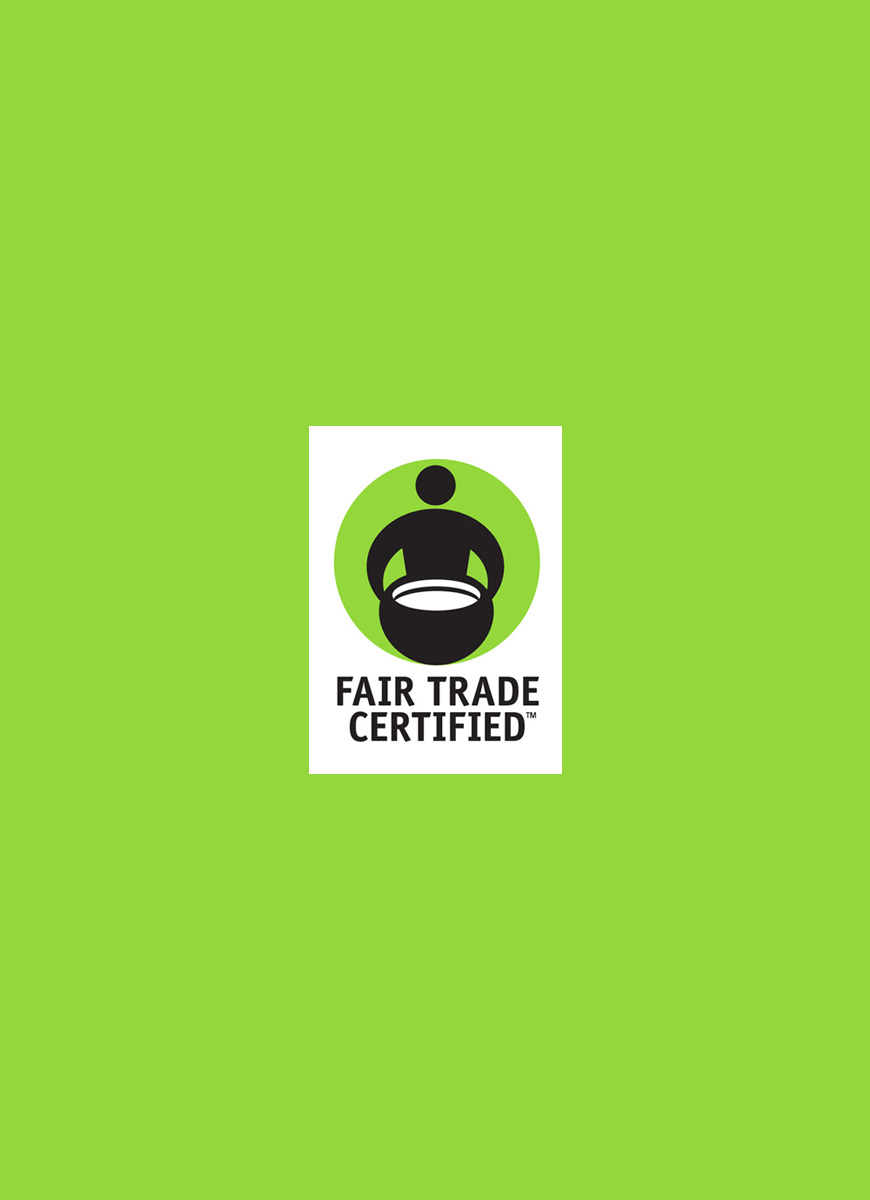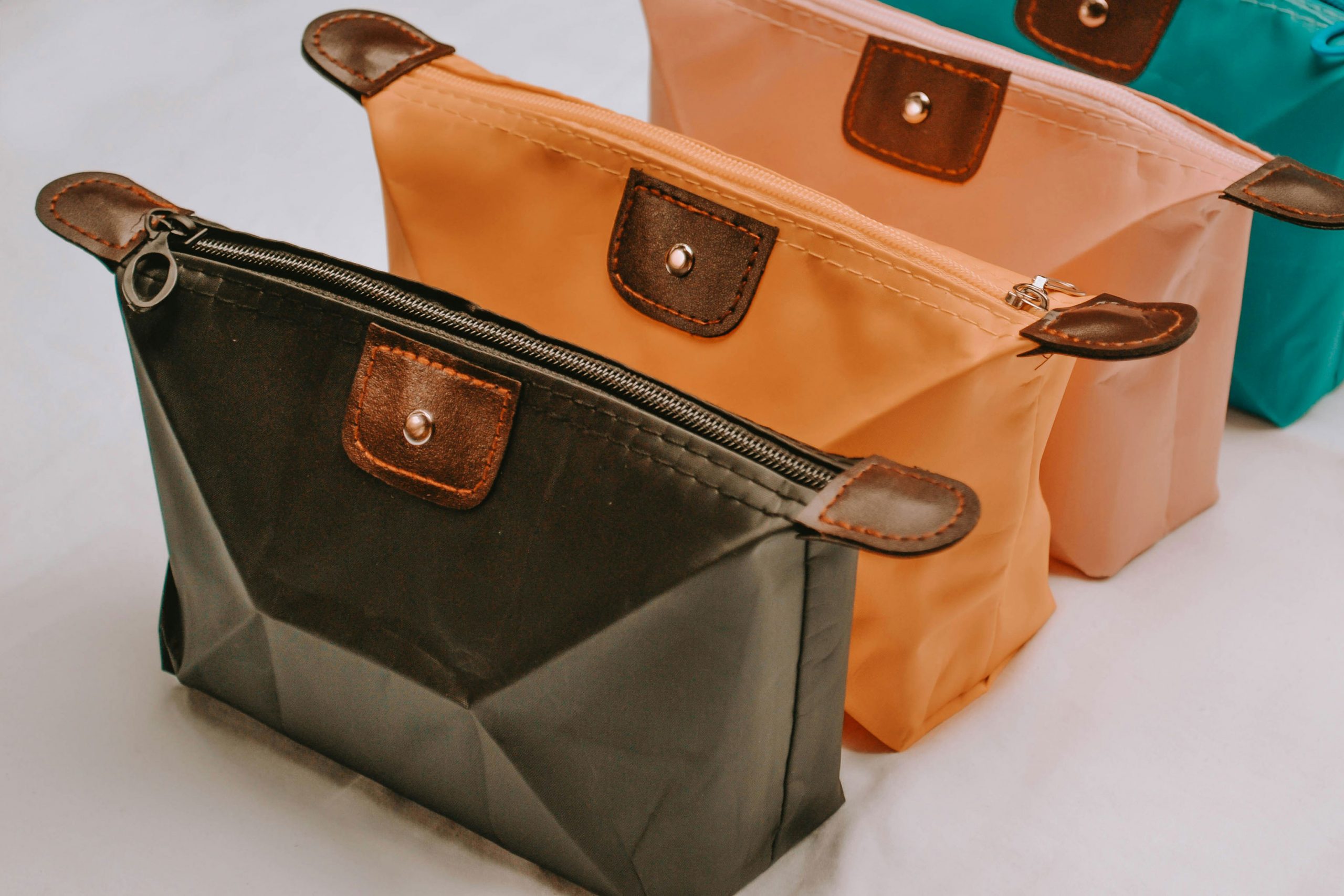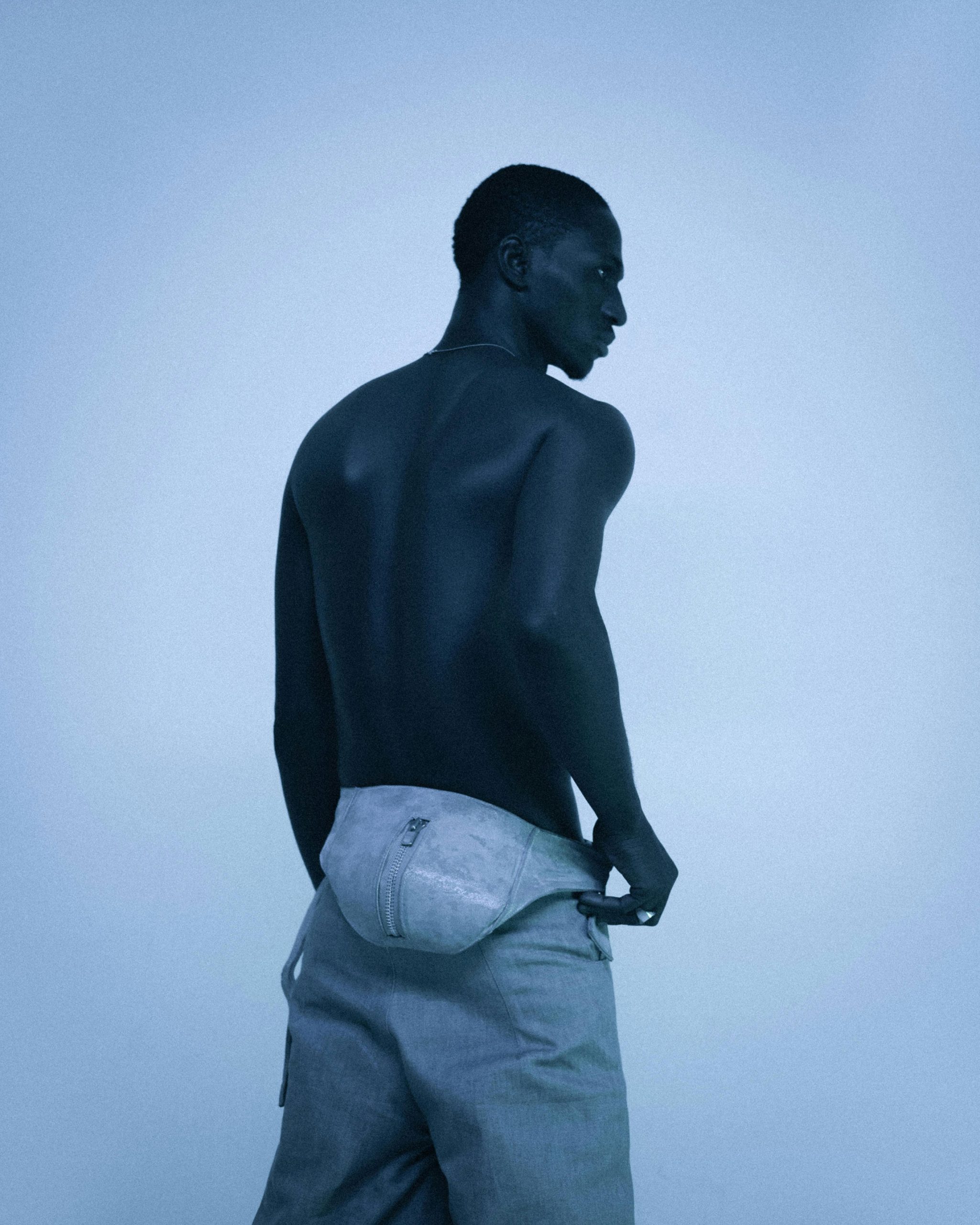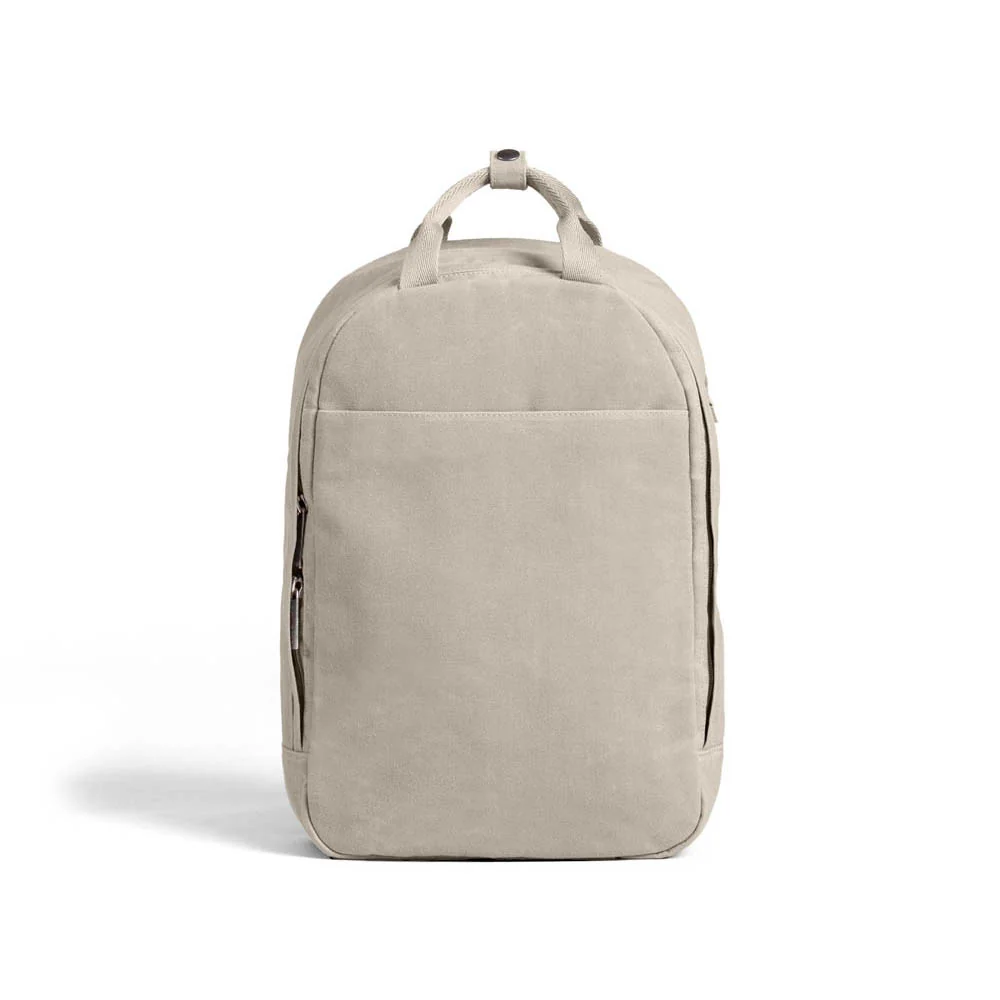Every day, lots of folks all over grab their backpacks and head out. Whether it’s a student rushing to class, someone going to work, or someone going on an trip, we’re all linked to a big chain that makes these bags. Until recently, most of us didn’t give it a second thought.
But each backpack has a story – who made it, where the materials came from, and how making it affected people and the earth. Now, more and more shoppers want to know these stories, and fair trade is there to tell them.
The Hidden Problems with Cheap Backpacks
Go to any discount store, and you’ll see backpacks that cost next to nothing. It seems too good to be true, and it often is. The real cost of these super-cheap backpacks isn’t on the price tag. It’s paid by workers in factories far away who deal with risky work, low pay, and being taken advantage of.
Making backpacks the regular way has always been about cutting costs above everything else. This has made things bad for everyone:
- Factory workers often don’t earn enough to live on
- They have to work overtime, but often don’t get paid for it
- Safety rules are weak or just ignored
- Environmental rules are dodged or don’t exist
- Workers can’t speak up about their work conditions
So, you get backpacks that cost less than lunch but hurt people around the world.
Fair Trade Steps In: A New Way to Make Things
Fair trade is a big change in how we think about shopping around the world. Instead of accepting that people will be taken advantage of to keep costs low, fair trade sets rules to make sure workers get paid fairly, have safe jobs, and can speak up at work.
Patagonia has been making Fair Trade Certified clothes since 2014, paying extra for each item with the Fair Trade Certified™ label. This extra amount goes straight to the workers who made the product. They can use it to help their areas with schools, hospitals, and other programs.
Fair trade isn’t just about better pay. It’s a total approach that covers:
Worker Power
Fair trade factories need to show that workers can make decisions and complain if they need to. This makes a better environment of respect and makes work better.
Helping the Community
The extra money from fair trade doesn’t just go to workers. It helps the whole area. Workers get to choose how to use this money. Often, they pick projects that help everyone, like schools, clinics, water systems, and loan programs.
Taking Care of the Environment
Fair trade rules include taking care of the environment to protect workers and the areas around them from dangerous stuff and bad practices.
Working Together for a Long Time
Instead of always looking for the cheapest deal, fair trade helps brands and manufacturers work together for a long time. This makes things steady and lets them keep getting better.
How Fair Trade is Changing Backpacks
Fair trade is doing a lot more than just changing how much backpacks cost. It’s changing how brands, shoppers, and factories think about what’s important.
Brands Stand Out with Good Values
With so many choices out there, brands are seeing that being ethical isn’t just the right thing to do – it’s good for them. Shoppers, especially younger ones, will pay more for things that match what they believe in.
Terra Thread makes affordable canvas backpacks in fair trade factories with cotton grown without bad stuff. They’re great for trips or running errands. This shows how brands can be affordable and still be ethical.
Quality is Better Than Lots of Stuff
Fair trade usually means making things that are good quality and last a while instead of making cheap stuff that you throw away. When workers get paid well and like what they do, the things they make show it.
Being Open and Honest
Fair trade means being very open about how things are made. Brands need to know where their products come from, how they’re made, who makes them, and how it affects the earth.
Teaching Shoppers
The fair trade movement has taught shoppers about the real cost of making things. Now, people know that the price of something is linked to how the workers are treated.
What Else Does Fair Trade Do?
Fair trade backpacks do more than just help the people who make them:
Helping the Economy
Fair trade pay and steady jobs help the economy where the factories are. Workers who get paid better spend more money in their towns, which helps stores and creates more jobs.
Helping Women
Many backpack factories have mostly women workers. Fair trade rules focus on treating women fairly and often give them more say in what happens at work.
Schooling
Money from fair trade often helps schools, which breaks the cycle of poverty and gives kids a chance in life.
Fixing the Environment
Fair trade areas often put money into fixing the environment, like planting trees, using clean energy, saving water, and farming in good ways.
10 of the Best Fair Trade Backpacks
Here are some great fair trade backpacks that are made ethically and work great:
1. Patagonia Black Hole Mini MLC Convertible Backpack 30L
Why It’s Great: Made in a Fair Trade Certified™ factory, this bag can be used as a backpack, duffel bag, or shoulder bag. Patagonia is a leader in fair trade.
Main Things: Can be used in different ways, good for carry-on, resists weather
Cost: $149-$179
Where to Buy: Patagonia Official Store
2. Terra Thread Organic Cotton Canvas Backpack
Why It’s Great: Made in California and ethically made in fair trade factories in India, Terra Thread uses cotton grown without pesticides and is a Certified B Corp. They ship in a way that doesn’t hurt the environment and use eco-friendly packaging.
Main Things: Made of cotton grown without pesticides, place for laptop, pockets for water bottles
Cost: $45-$85
Where to Buy: Terra Thread Official Store
3. Cotopaxi Allpa 35L Travel Pack
Why It’s Great: Cotopaxi is certified as a B Corp, which means they try to make business better for people. They fix products and have a trade-in program.
Main Things: Made of recycled stuff, opens like a clamshell, zippers to make it smaller
Cost: $140-$170
Where to Buy: Cotopaxi Official Store
4. LaBante London Agnes Vegan Backpack
Why It’s Great: Made in ethical factories using fake leather that’s good for the earth. LaBante London shows that fake leather can be stylish and made ethically.
Main Things: Made without hurting animals, place for laptop, can be used in different ways
Cost: $120-$150
Where to Buy: LaBante London Official Store
5. Topo Designs Daypack
Why It’s Great: Topo Designs makes backpacks from cotton and recycled nylon from dye mills that are certified. Their factories are Fair Wear-certified and checked regularly. Their designs are durable and never go out of style.
Main Things: Can be made in the USA, lifetime repair service, classic look
Cost: $119-$169
Where to Buy: Topo Designs Official Store
6. O My Bag Amsterdam Leather Backpack
Why It’s Great: O My Bag makes leather backpacks fairly, respecting the earth and people. They connect small communities with the world.
Main Things: Made of real leather, handcrafted, timeless design
Cost: $180-$280
Where to Buy: O My Bag Official Store
7. United By Blue Range Daypack
Why It’s Great: United By Blue works hard to make a change, designed for regular and tough use. For each product they sell, they remove a pound of trash from oceans and waterways.
Main Things: Helps clean up oceans, made of recycled stuff, lifetime repair promise
Cost: $98-$128
Where to Buy: United By Blue Official Store
8. Stella McCartney Falabella Backpack
Why It’s Great: Stella McCartney is part of the Ethical Trading Initiative and has set great environmental standards in the luxury fashion world with their no-cruelty rules.
Main Things: Made of luxury fake materials, chain details, designer quality
Cost: $895-$1,195
Where to Buy: Stella McCartney Official Store
9. MADE FREE Sustainable Handbag Collection
Why It’s Great: MADE FREE makes handbags that combine luxury with doing what’s right, focusing on eco-friendly habits for shoppers who care.
Main Things: Good sustainable materials, ethical making, fancy finish
Cost: $150-$350
Where to Buy: MADE FREE Official Store
10. Fjällräven Kånken Backpack (Eco Version)
Why It’s Great: While not just fair trade certified, Fjällräven keeps strict ethical standards, and their Eco Kånken line uses recycled plastic bottles, showing they care about the Earth.
Main Things: Swedish design, recycled materials, lasts a lifetime
Cost: $90-$120
Where to Buy: Fjällräven Official Store
What Can Shoppers Do?
Fair trade backpacks are becoming more popular because shoppers are picking them. Here’s how your choices can change things:
Price vs. Values
Fair trade products might cost more, but shoppers are seeing that it’s worth it for the quality and values. The real cost of something includes what it does to people and the Earth, not just the price tag.
Wanting to Know
Shoppers today want to know the story behind what they buy. Brands that are open about how they make things and take care of workers will do better.
Thinking Long Term
Fair trade backpacks often last longer than cheap ones, so they’re cheaper in the long run. This helps everyone by making us buy less stuff that we throw away.
What’s Hard and What’s Good About Fair Trade?
Even though fair trade is good, it has some problems:
Making Enough
Fair trade factories often can’t make as much as regular factories, so it’s hard to fill big orders.
Keeping Costs Down
It’s hard to pay workers fairly and still keep prices low enough to compete.
Getting Certified
It costs money and time to get and keep fair trade certification.
Teaching People
A lot of shoppers don’t know about fair trade, so we need to keep teaching them.
But these problems also mean there’s room to grow:
Getting Creative
Fair trade makes people think of new ways to use sustainable materials, make things better, and help workers.
Standing Out
Fair trade certification helps brands stand out from the crowd.
Working Together
Working with manufacturing areas for a long time makes it possible to come up with new ideas and keep improving.
What’s Next for Fair Trade?
Here’s what’s coming for fair trade backpacks:
Using Tech
Tech like blockchain is making it easier to see how things are made, which cuts down on the cost and trouble of fair trade rules.
Using Resources Well
Fair trade factories are using resources better by designing things to be taken apart, recovering materials, and taking back old products.
Helping the Climate
Fair trade is starting to include cutting carbon emissions and helping areas deal with climate change.
Working Directly
Some brands are skipping certification and working directly with manufacturing areas to make even better partnerships.
How to Choose a Fair Trade Backpack
If you want to buy a fair trade backpack, think about these things:
What Do You Need?
Think about what you’ll use the backpack for: work, travel, or school? There are fair trade options for everything.
Check the Certifications
Look for real certifications like Fair Trade USA, Fair Trade Federation, World Fair Trade Organization, or B Corp certification.
Think About the Long Run
Think about how long it will last, if it has a warranty, and if you can get it fixed. A $150 backpack that lasts 10 years costs less per year than a $30 backpack that you have to replace every year.
Support Brands That Are Open
Choose brands that tell you about how they make things, how they treat workers, and how they help communities.
Tell Others
Share your good experiences with fair trade to help teach others and get more people to buy ethical stuff.
Fair Trade is Bigger Than Just Backpacks
The fair trade backpack movement is part of something bigger: a push for fairness and a good future. When we choose fair trade backpacks, we’re helping:
The Economy
Giving workers and communities more control over their money.
The Environment
Making things in ways that protect nature.
Keeping Cultures Alive
Supporting old crafts that might disappear otherwise.
Connecting the World
Creating links between shoppers and makers across the world.
Conclusion: Carrying Change
The fair trade change in backpack making is a great thing for the world. It shows that we can have affordable, quality, and ethical products if we think hard and support them.
Every time you pick a fair trade backpack, you’re voting for a better world. You’re saying that the people who make our stuff deserve respect, fair pay, and safe jobs. You’re showing that shoppers care about more than just price and that businesses can do well by doing good.
The backpack world is changing how bags are made and how we think about shopping. It’s a model that other industries can follow.
When you buy your next backpack, remember that you can help make this change. Pick brands that believe in what you believe in, buy quality products that will last, and tell others about fair trade.
Your backpack can do more than just carry your things – it can help make the world a better place.
Ready to switch to ethical backpacks? Check out the fair trade options above and join the movement!
#FairTradeBackpacks #EthicalFashion #SustainableBackpacks #FairTrade #EthicalManufacturing #SustainableFashion #ConsciousConsumer #EthicalBrands #SociallyResponsible #WorkerRights #FairWages #EthicalSupplyChain #SustainableLiving #EcoFriendlyBags #ResponsibleFashion #FairTradeMovement #EthicalChoices #SustainableTravel #GreenLiving #EthicalShopping



